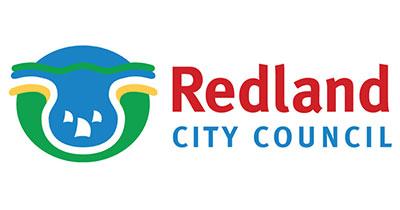Community Title Scheme FAQS (Queensland)

What is A Community Title Scheme?
A more familiar name for this is strata title or group title. Basically it is a scheme that supports a variation to the standard or “freehold” title on your ordinary suburban lot. These schemes allow for the inclusion of common areas and facilities within the “scheme land”
Why is it used?
To support higher densities and more complex arrangements of living. It is used where an ordinary “standard” form of title isn’t suitable or wouldn’t be approved by council e.g. apartments and high rise units. It provides the ability to register and sell the individual units separately. This means they are free from the obligation of shared facilities within the common property (outlined below), which are borne by the body corporate and governed by a Community Management Statement (CMS) rather than the responsibility of each individual owner.
What Is Common Property?
It is everything that is not defined as part of a lot on scheme land. Common property includes carparks, driveways and other facilities such as swimming pools, BBQ areas, tennis courts, conference rooms, dining areas, and gyms. Generally speaking common property is everything outside of the walls of the units. These use of these facilities and the common property are regulated within the Community Title Scheme.
What do I/will I actually own?
A Community Title is created over the individual unit and not over the land or shared facilities. Your title extends from your floor to your ceiling on each level of your unit, and to the centres of all 'external' or 'party' walls.
Is it only used for large complexes?
No. They can be applied to a dual occupancy houses built on a standard lot.
Are Community Title Schemes expensive to set up?
No, not really. A lawyer provides a standard set of community title rules that are registered with the new title plan. There is the additional cost for the registration and to setup the body corporate which is relatively inexpensive compared to the extra value it can create for the development.
Do I need a development approval first?
Yes. A community title can only be created over buildings/developments that have already been approved.
Do I need another approval from Council?
No, this is exempt development, but the plans and community title documents do need council endorsement and Council charge a fee for this. This is part of the 'Plan Sealing' process.







